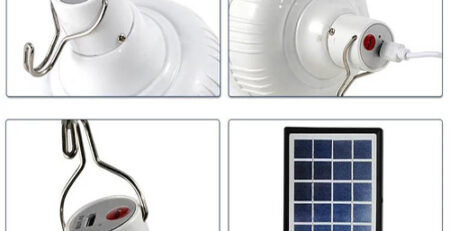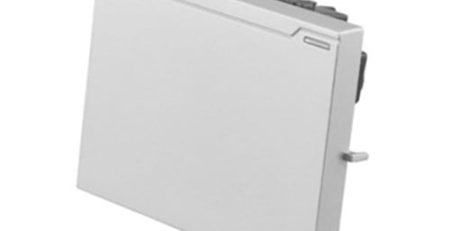Backup Power Generator Safety Tips
Power outages can occur at times. In case there is a natural disaster or a large-scale power breakdown, power outages can last days. It’s smart to keep a backup power generator at home if such a situation arises. Portable power generators can provide enough electricity for lighting and appliances. If you have one, make sure you follow all required safety guidelines to prevent any unforeseen accidents.
Let’s have a look at some Backup power generator safety tips.
Backup Generator Safety Tips:
1. Try not to keep your generator indoors or in an enclosed space. This is because closed spaces trap carbon monoxide gas. If the concentration level of this odorless gas is high enough, it can kill within a few minutes. Remember to place your generator at least 20 feet from your home. Also, turn your exhaust outlets away from all doors and windows. Installing a carbon monoxide detector is also recommended.
2. Power generators can also cause electric shocks, electrocution, and fires. In order to avoid getting electrocuted, never operate your generator in a wet area or if it’s raining. Always place your generator ina dry open space that has a canopy-like cover. Don’t ever touch your generator with wet hands.
3. Make sure you never plug your generator into an electric socket in your home. This can back feed your house. Utility workers can get electrocuted because of this, and so can those sharing your utility transformer. The circuit protection devices in your home can also be bypassed, which will destroy the electronics in your home. The danger of a fire is also imminent.
4. In order to avoid back feeding, always install a transfer switch. This device will connect your generator to the circuit panel. If you can’t arrange for a transfer switch, you can use a heavy-duty extension cord that is built for outdoor use. Plug your generator in this extension cord and do ascertain that the cord has three prongs. Also, see that the extension cord does not have any cuts or tears.
5. When you start using your power generator, make sure you disconnect your regular power source. If you don’t do this, the power your generator is producing could travel through your utility company’s lines. This can create a very dangerous situation for utility company workers.
6. Do make sure you have extra fuel handy for your backup power generator. Store this fuel very safely, and be extra careful when you are refueling your generator. Never store gasoline inside your house or near any source of heat. Store your fuel away from the areas where you live. Keep it in a locked shed or some other protected space. Always wait until your generator cools down before you refuel it.
7. Use your power generator smartly. A well-connected power generator can also overheat if it is overused. This can result in your generator becoming inefficient and failing.
BY by GAHZLY
#Backup #Power #Generator #Safety #Tips









Leave a Reply
You must be logged in to post a comment.